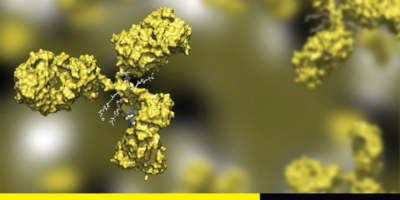Ji Yoon Kang’s Biography
Ji Yoon Kang, Professor, Department of Biomedical Engineering, Korea Institute of Science and Technology
 Ji Yoon Kang received the B.S., M.S., and Ph.D. degrees in mechanical engineering from Seoul National University, Korea, in 1990, 1992, and 1997, respectively. From 1997 to 2001, he was a Research Scientist with the Samsung Advanced Institute of Science and Technology, Korea. From 2003 to 2004, he was a Visiting Scholar with the University of Cincinnati. Since 2001, he has been a researcher of the Korea Institute of Science and Technology, Seoul, Korea, and he is currently a Principal Researcher. His research interests include microfluidics, and biosensors.
Ji Yoon Kang received the B.S., M.S., and Ph.D. degrees in mechanical engineering from Seoul National University, Korea, in 1990, 1992, and 1997, respectively. From 1997 to 2001, he was a Research Scientist with the Samsung Advanced Institute of Science and Technology, Korea. From 2003 to 2004, he was a Visiting Scholar with the University of Cincinnati. Since 2001, he has been a researcher of the Korea Institute of Science and Technology, Seoul, Korea, and he is currently a Principal Researcher. His research interests include microfluidics, and biosensors.
Discrimination of Alzheimer’s Disease Patient From Normal Control with Amyloid Beta Concentration in Neuronal Exosomes From Blood
We propose a novel method for electrical discrimination of Alzheimer’s disease (AD) patient with blood sample using a bead-based electrochemical impedance spectrometry (BEIS) sensor. The blood-based diagnosis of AD has been tackled by many research groups for more than 10 years, but just few groups have succeeded in identifying AD patients due to difficulties in measuring oligomer amyloid beta (Aß) in blood. Since the signal magnitude of a BEIS sensor is proportional to the size and total charges of the biomolecules, the sensor characteristics were utilized to detect the ratio of oligomer amyloid beta (Aß) to monomer Aß for accurate discrimination of AD patients with human blood. Our study found that the change in output responses of a BEIS increased as the Aß is aggregated. This implies that impedance changes are increased more rapidly in AD samples than in NC samples, according to the dilution ratio. Based on this assumption, the slope extracted from impedance changes is used as a diagnosis factor to differentiate the AD. The results with the neuronal exosomes of AD and NC samples showed clear difference, suggesting possible use as a diagnostic tool with a sensitivity and specificity of more than 90 % in both measurements. Especially, the results of the measurement of the slope can provide dramatically enhanced the sensitivity and specificity in the diagnosis of ADs from neuronal exosome samples.





